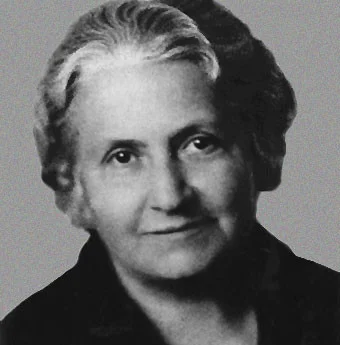Montessori education is a system of education developed by Dr. Maria Montessori in the early twentieth century. A pioneer and a visionary in her field of science and medicine, Montessori used her powers of observation to study how children learn best and to create a philosophy about the true meaning of education. Montessori’s ideas revolutionized early childhood education and, today, schools throughout the world embrace her method. True to this vision, Montessori schools are recognized for their ability to create learning environments that are child-centered, holistic, and developmentally appropriate. Children learn to be self-directed, responsible and respectful of themselves and others, and to feel confident about themselves as learners and their capacity to learn. In this way, children prepare themselves for a life of learning and personal fulfillment, and for roles as caring and compassionate members of their communities.
Central to Montessori philosophy is the belief that children learn through their senses and are sensitive to both the direct and indirect aims of a carefully prepared classroom environment. This capacity for children to absorb, as well as to act upon, their environment is important to the classroom design and how materials are selected and presented. Beauty, function, and relevance are three elements that teachers consider when preparing their classroom environments with teaching materials and objects of interest. The classroom environment is purposeful, deliberate and meaningful.
Learning in a Montessori school is divided into three class units with children grouped according to their plane of development (0-3 years, 3-6 years, 6-9 years, and 9-12 years). Multi-age learning over three years provides a rich resource of knowledge and experience as older children teach younger ones, and expectations for learning and behavior are modeled and reinforced. In addition, each classroom typically has two teachers who work together as partners to prepare and manage the classroom, and to teach to the individual needs of the child in small groups or one-on-one. Montessori teachers are certified through accredited Montessori teacher education programs.
“Behind all [Dr.] Montessori’s educational efforts was her continuous desire to create a better and more peaceful world by nurturing the spirit of each child. This nurturing, which differs from teaching a specific religion, helps children to see that they are called to a higher purpose than self-service or self-satisfaction. It includes time for silence and reflection, cultivating awe and wonder, respecting nature, caring for the earth, understanding and accepting others and fostering virtues such as love, peacefulness, kindness and compassion.
- Aline D. Wolf”


